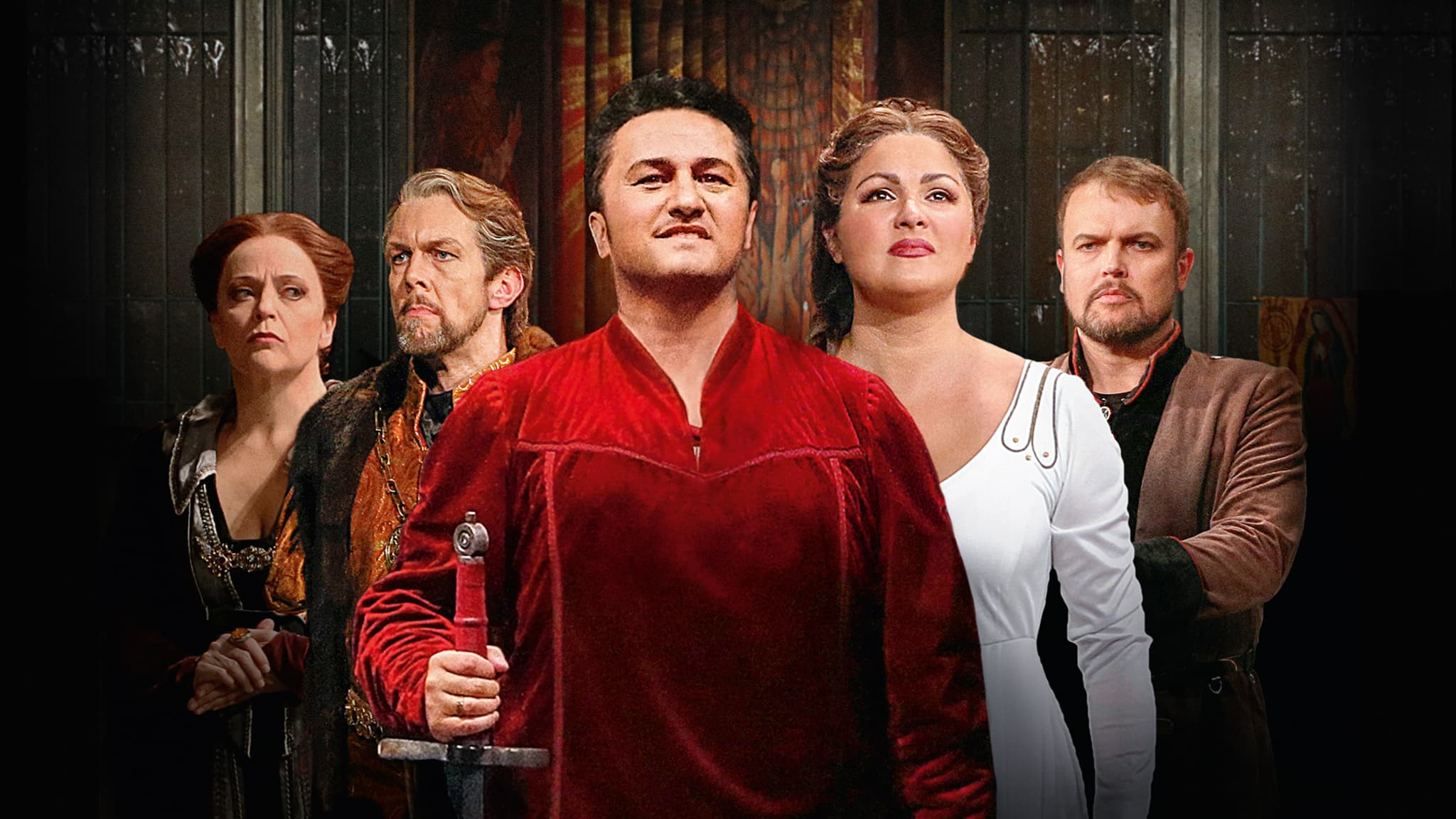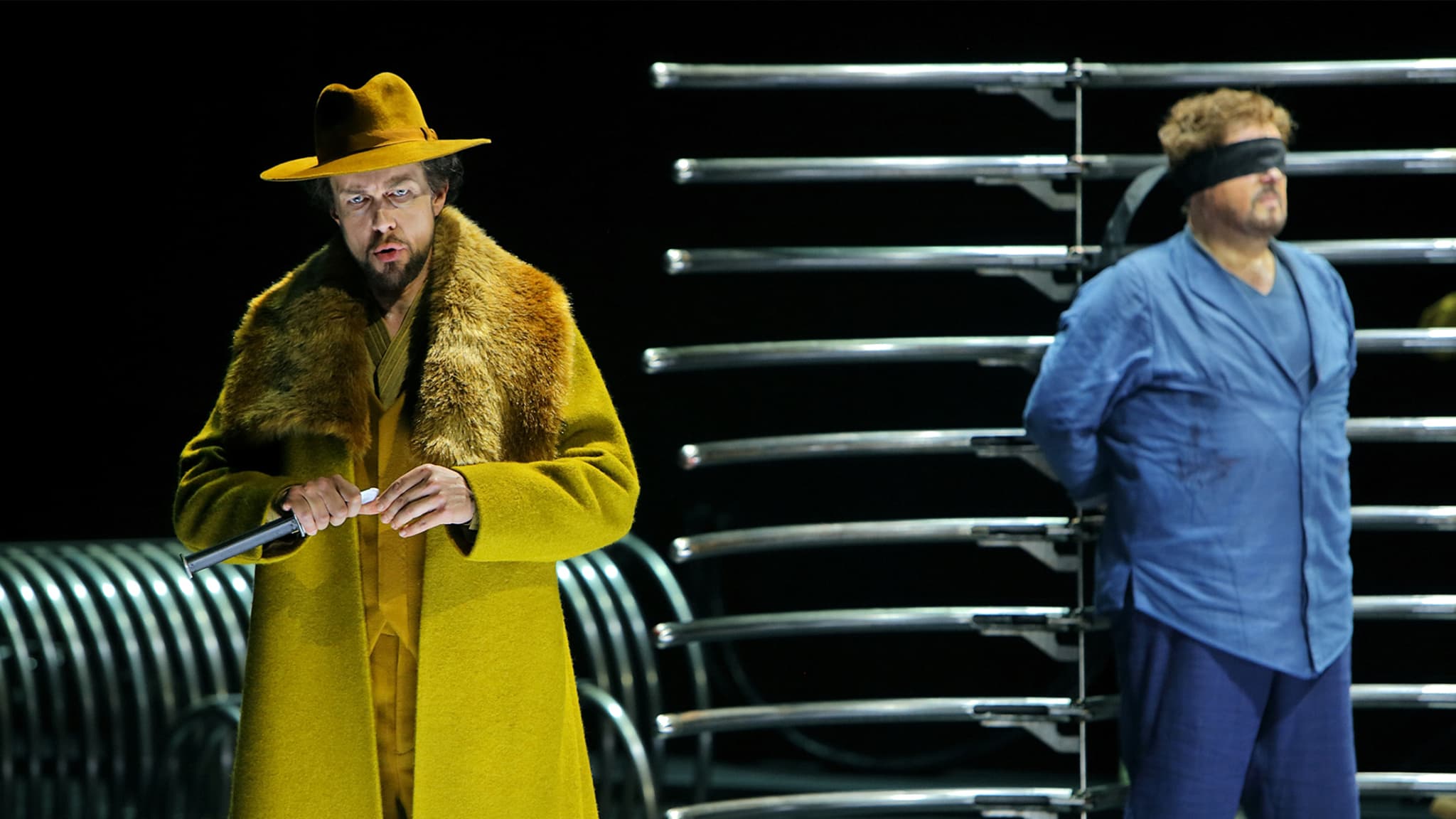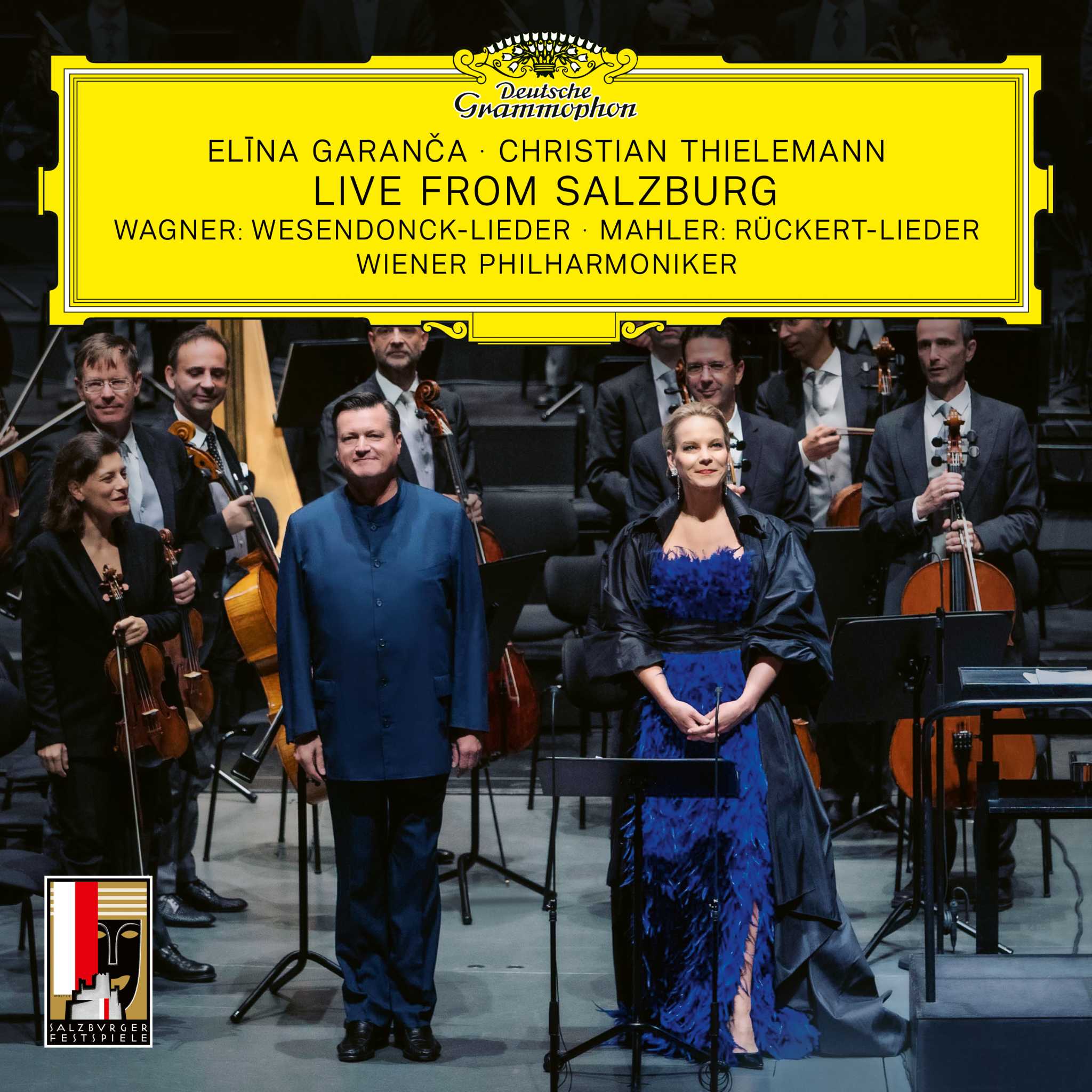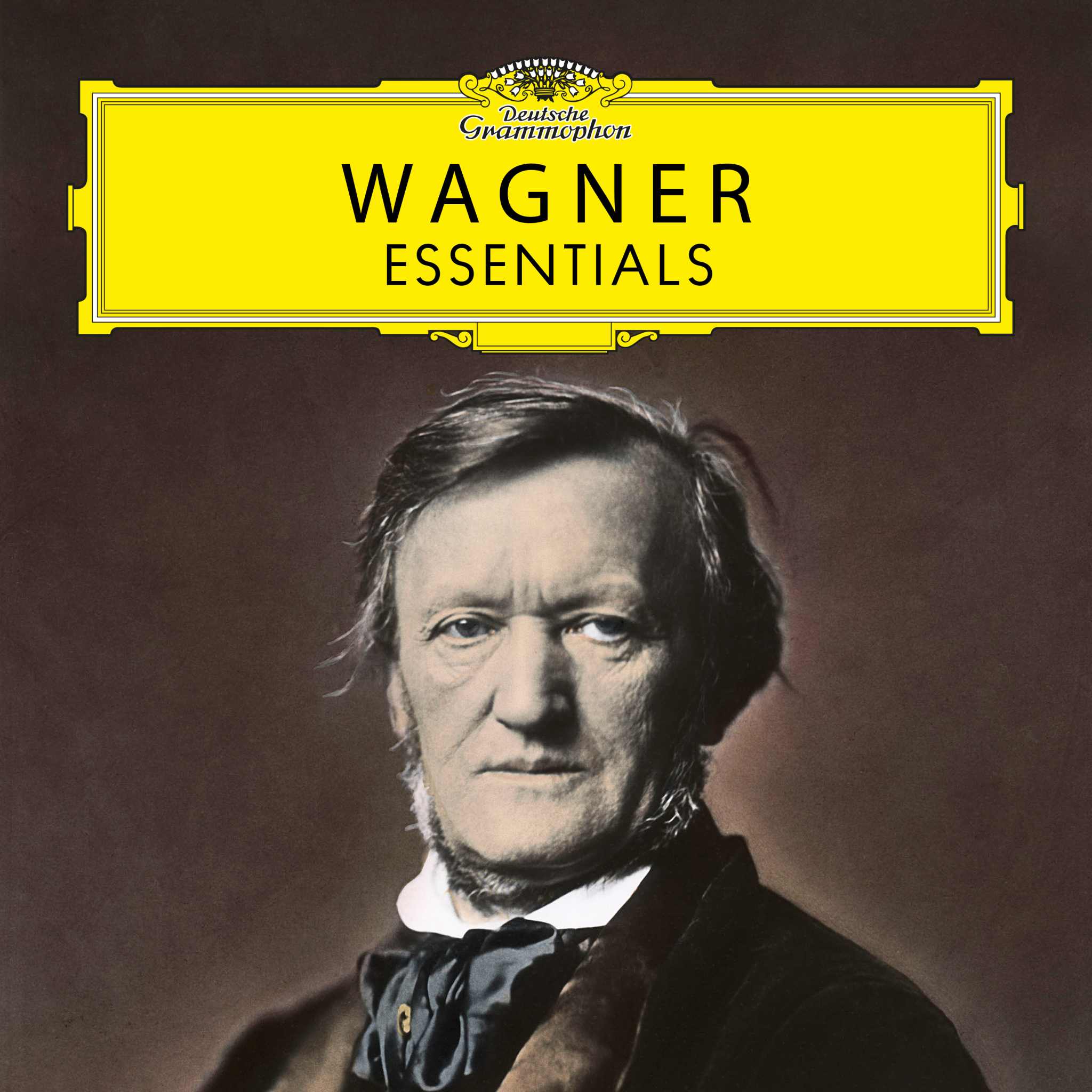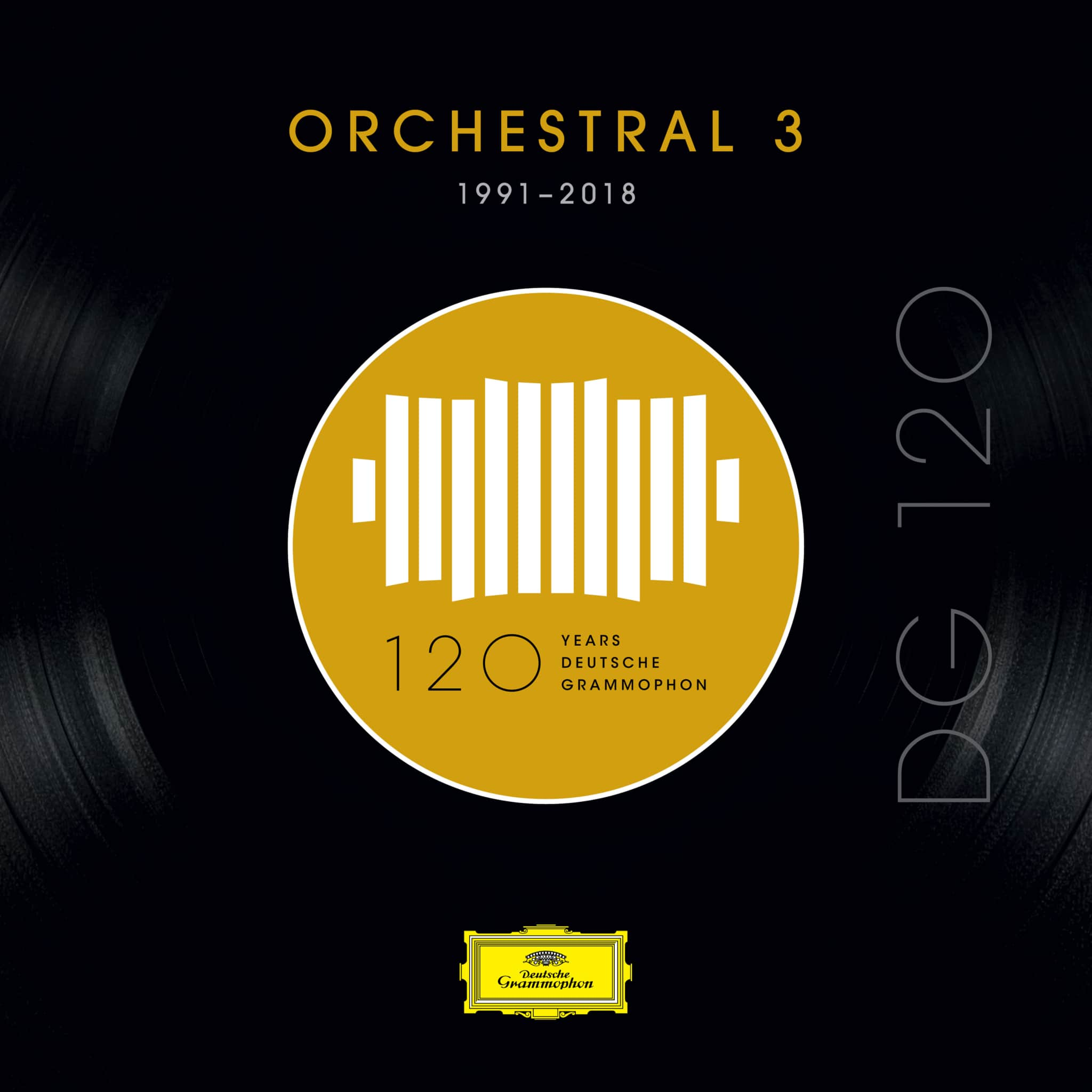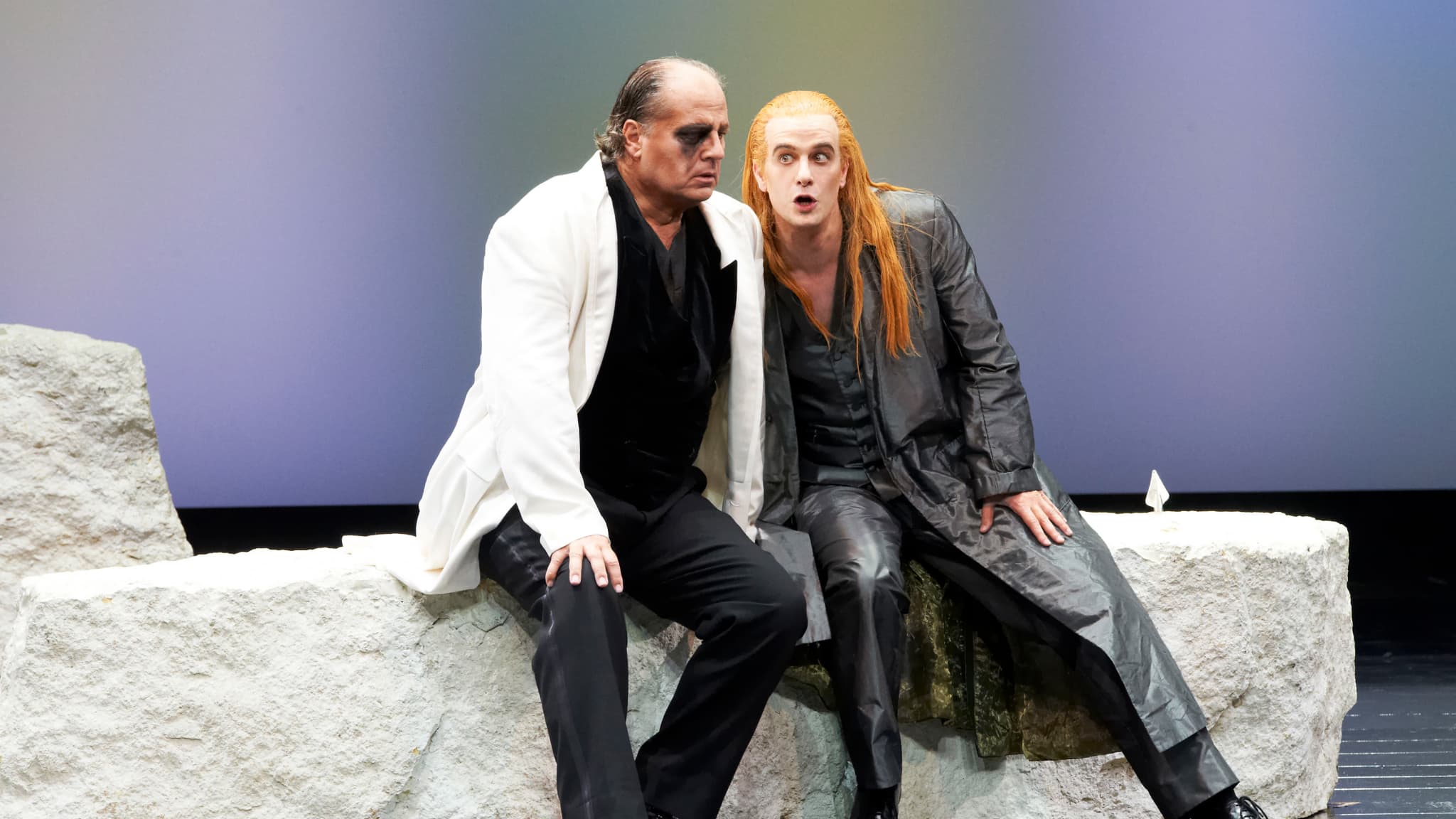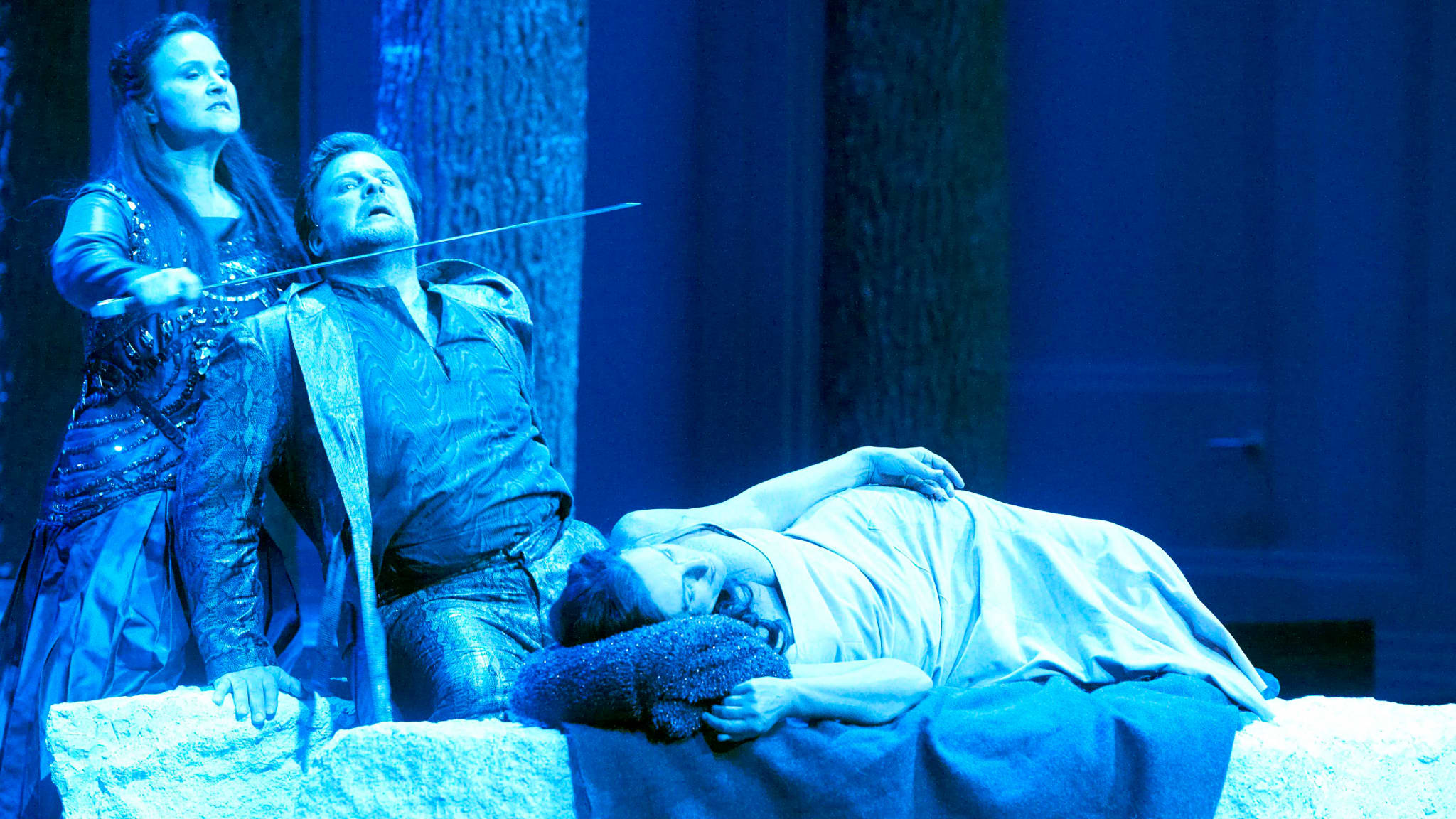AboutChristian Thielemann
Christian Thielemann was born into a music-loving family in Berlin. He began his professional career in 1978 as a répétiteur at the Deutsche Oper Berlin. After engagements in Gelsenkirchen, Karlsruhe, and Hanover, he became First Kapellmeister at the Deutsche Oper am Rhein in Düsseldorf in 1985. In 1988, he took up the position of Germany's youngest General Music Director in Nuremberg, before returning to the Deutsche Oper Berlin in the same capacity for seven years in 1997. From 2004 to 2011, Thielemann was General Music Director of the Munich Philharmonic. Since the beginning of the 2012/2013 season, he has served as Chief Conductor of the Sächsische Staatskapelle Dresden. He opened his tenure just a few weeks ago at the Semperoper with performances of Bruckner's Seventh Symphony and songs by Hugo Wolf.
Christian Thielemann possesses a broad repertoire, ranging from Bach to Henze and Gubaidulina. His interpretations of the German Romantic opera and concert repertoire are considered exemplary worldwide. Since his Bayreuth debut in 2000 ("Die Meistersinger von Nürnberg"), he has shaped the festival annually with benchmark-setting conducting; since 2010, he has also been associated with the Bayreuth Festival as a musical advisor. At the Salzburg Festival in 2011, Thielemann led a celebrated new production of Richard Strauss's "Die Frau ohne Schatten."
Christian Thielemann's discography is extensive and includes numerous recordings of symphonic works and operas with Deutsche Grammophon. With the Vienna Philharmonic, he recorded all of Beethoven's symphonies, which were released on CD and DVD. With the Staatskapelle Dresden, recordings of Bruckner's Eighth Symphony, Beethoven's "Missa solemnis," the live broadcasts of the 2010 and 2011 ZDF New Year's Eve Concerts, Wagner's and Liszt's "Faust" compositions, and Brahms's First Piano Concerto with pianist Maurizio Pollini have already been released.
From 2013, Christian Thielemann will assume the Artistic Direction of the Salzburg Easter Festival, whose orchestra will be the Sächsische Staatskapelle Dresden.
Since 2011, Christian Thielemann has been an honorary member of the Royal Academy of Music in London. He has also been awarded honorary doctorates from the Hochschule für Musik Franz Liszt Weimar and the Catholic University of Leuven (Belgium).









